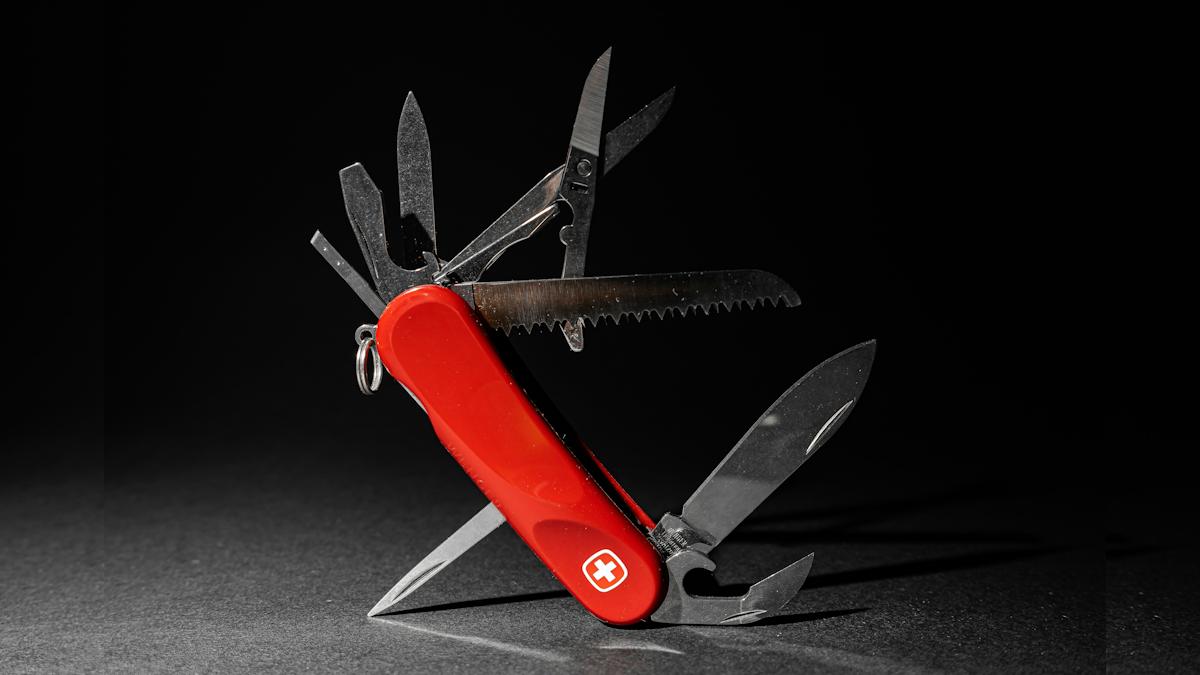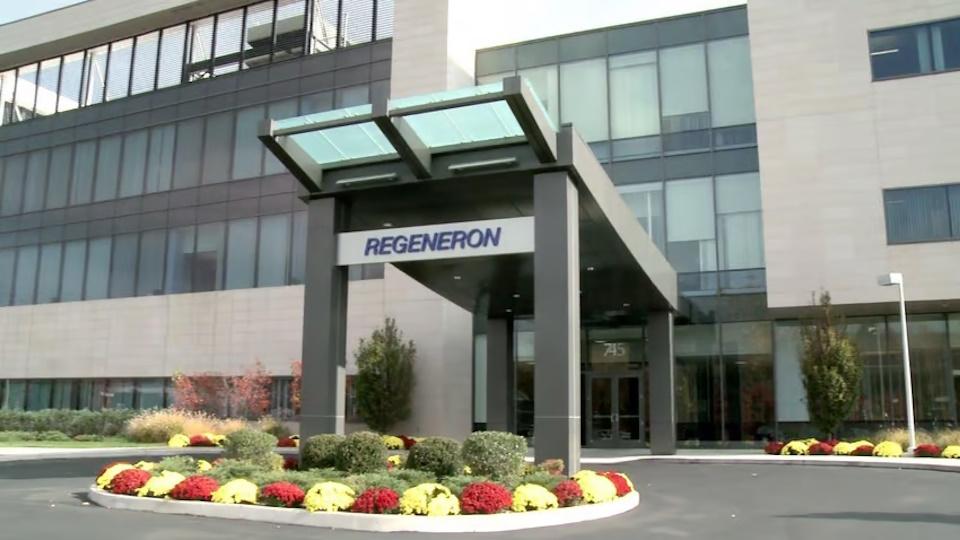J&J's 'Swiss army knife' drug gets first FDA approval

Johnson & Johnson has its first regulatory approval for FcRn blocker Imaavy, getting a green light in the US for the would-be blockbuster as a treatment for generalised myasthenia gravis (gMG).
It isn't the first drug in the class to be cleared by the FDA for gMG – Argenx and UCB have FcRn blockers already on the market – but J&J thinks the broad label for Imaavy (nipocalimab) will help it overtake its rivals.
It has billed Imaavy as the first FcRn blocker to be approved in anti-AChR and anti-MuSK antibody positive gMG patients aged 12 and older, saying that represents the "broadest population" of people living with the disease.
The indication covers more than 90% of the total antibody-positive population of gMG patients. The autoimmune muscle-wasting disease affects around 700,000 people worldwide and 100,000 in the US, according to J&J. It leads to symptoms like fatigue, muscle weakness, and respiratory and vision problems.
The company has also pointed to data showing durable, 20-month improvements in gMG symptoms – claiming that is the longest in the class and "translates into patients regaining essential daily functions, such as chewing, swallowing, speaking and breathing."
Imaavy will compete with Argenx's Vyvgart Hytrulo (efgartigimod alfa) and UCB's Rystiggo (rozanolixizumab) in gMG, both of which are administered by subcutaneous injection once a week, while Imaavy is given as an intravenous infusion every two weeks.
J&J has set a list price of $12,480 per vial for its drug, saying that it is "competitively priced" compared to the other FcRn blockers, but hasn't yet revealed a launch date. It has also launched a patient support programme – Imaavy withMe – to allow commercially-insured patients to receive the drug in as little as a week and in some cases with no co-pay.
J&J acquired nipocalimab when it bought Momenta Pharmaceuticals in 2020 for $6.5 billion, saying at the time that around 240 million people worldwide suffer from some form of auto-antibody-driven disease, many with no approved treatments.
It has previously suggested that the drug could eventually become a $5 billion-a-year product which, if achieved, would help it weather the impact of patent expiries on some of its biggest sellers, including immunology blockbuster Stelara (ustekinumab), which made more than $6.7 billion in US sales last year, but lost market exclusivity there at the start of this year.
For comparison, Argenx recorded $2.2 billion in sales of Vyvgart Hytrulo and its older IV version Vyvgart, while UCB booked just over $200 million from Rystiggo.
Development of Imaavy is also on the go in Sjogren's disease (SjD), rheumatoid arthritis, systemic lupus erythematosus (SLE), idiopathic inflammatory myopathies (IIMs), chronic inflammatory demyelinating polyneuropathy (CIDP), haemolytic disease of the foetus and newborn (HFDN), warm autoimmune haemolytic anaemia (wAIHA), and paediatric gMG.












